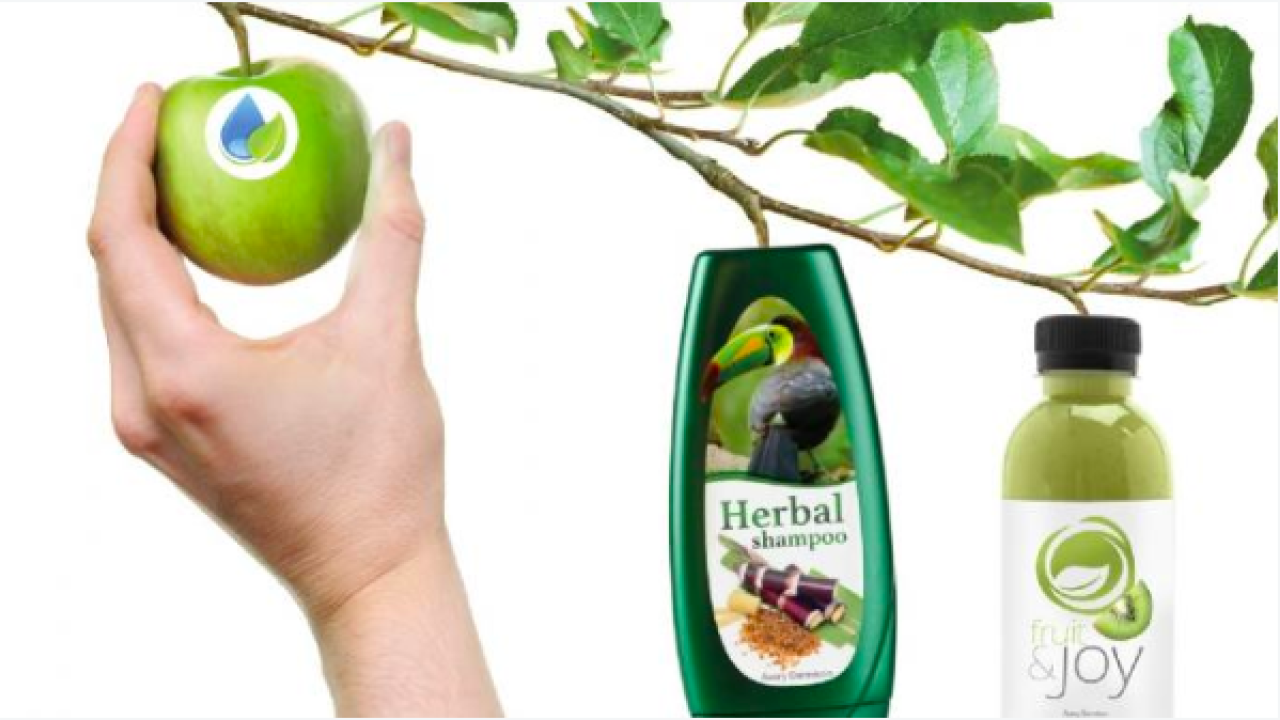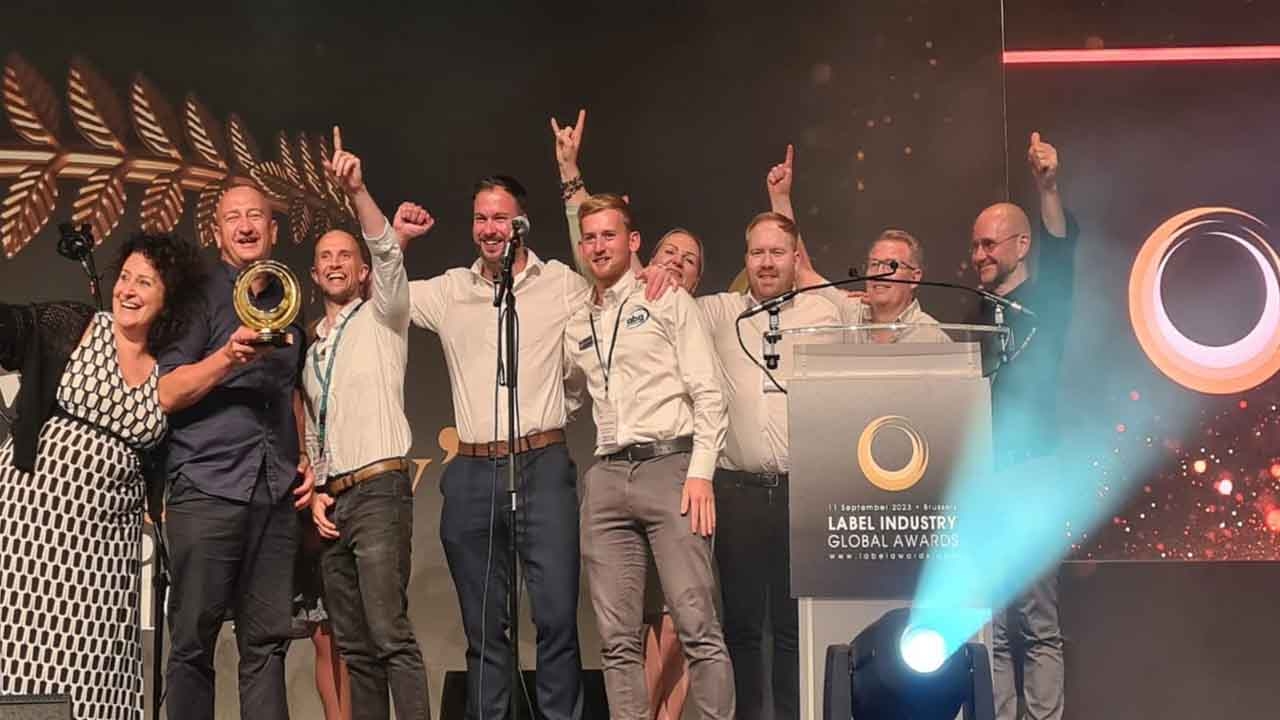Editor's note: What does 'green' mean?

In this issue of L&L, we report on an initiative from leading Italian label and packaging group Nuceria, which worked with two brand owners to build in cradle-to-cradle collection and recycling of liner waste from the very start of the project.
Nuceria put the Italian brands – in the food and detergents sectors – directly in touch with Cycle4Green for collection and de-siliconization of the glassine liner waste, and a recycler of filmic release liner. In both cases, the material was returned as a raw material capable of being manufactured into liners.
This closed loop system sits perfectly with the European Unions circular economy directive, which seeks further diversion of packaging and other wastes from landfill and incineration.
In order for recovery and recycling systems to make both economic and environmental sense, we need to drive the supply of material from end users. The Nuceria example shows the key role converters can pay by talking directly to customers and helping enhance their green credentials.
The wider label industry must clearly demonstrate an awareness of how process waste and labels on containers can be recovered cleanly. Companies like Avery Dennison have moved a long way down this path with adhesive systems which release from containers under typical conditions found in flotation-type recycling systems.
As we have noted before, the shrink sleeve industry faces particular challenges in this respect, with the inability to separate the sleeve from container material in a flotation tank. We must either move towards a Japan-style zipper removal system, or look to put markers in the shrink sleeve material allowing automatic identification and removal.
Developing a recycling system for matrix waste is another challenge, with incineration increasingly seen as a less acceptable option. In the UK, for example, it is now difficult to get a license to burn matrix waste pellets unless for specialist applications such as cement kilns.
One thing is for certain. Not acting is not an option.
This Opinion was first published in Labels & Labeling magazine, issue 2, 2018.
Stay up to date
Subscribe to the free Label News newsletter and receive the latest content every week. We'll never share your email address.


